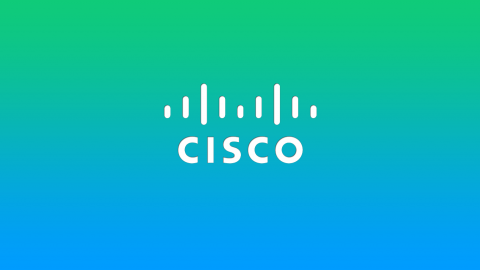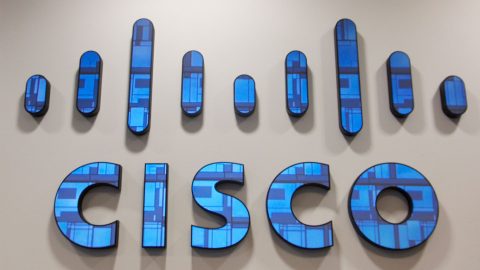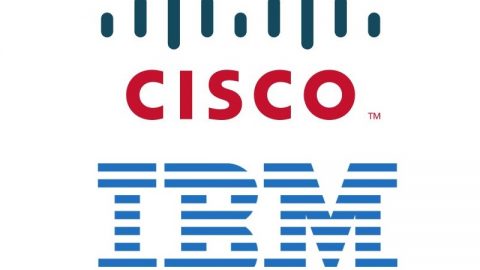The potential for countries to prosper in the coming decade is staggering —see how this will change absolutely everything.
This is a guest post by Cisco Global Innovation Officer Guy Diedrich.
“Country Digitization Acceleration.” It may be a mouthful, but no three words hold more hope and promise for the world and the billions of connections that will soon be in place to unite us.
“Connecting the unconnected”, accelerating GDP growth, creating new jobs in the Digital Age, and building a sustainable innovation ecosystem are the core principles that drive and define digitization. As the global lead for Cisco’s Country Digitization Acceleration (CDA) strategy, I work with a group of revolutionary minds to establish long-term partnerships with national leaders, industry innovators and academia, to drive digital disruption using Cisco’s proven digitization process.
The potential for countries to prosper in the coming decade is staggering. During the Digital Age, up to 500 billion people and things will be connected by 2030 – and this changes absolutely everything. It means we can no longer make excuses. Parts of the world that were left behind in the Information Age will have the infrastructure and information needed to move their nations forward.
They can assert themselves in the Digital Age and provide access to new levels of healthcare, education and transportation. They’ll have more data and knowledge to make the right decisions like never before.
Fundamentally, lives will change for the better.
How does country digitization work?
Considering the complexities of developing a plan to digitize an entire country, the process from evaluation to having an executable plan happens at almost warp speed at Cisco – between 90 to 120 days.
Before our team comes in, leaders must sponsor their nation’s involvement. With the help of Cisco Chief Executive Officer Chuck Robbins and Cisco Executive Chairman John Chambers, an agreement is reached to move forward on the journey together.
So what happens during those first 90 to 120 days?
After the country leader meets with Cisco’s executive leadership, the CDA Team performs an analysis following our proven CDA process. We examine the country’s digital agenda –then small teams from Cisco and the government work to extract key objectives the country wants to accomplish.
Those are broken down into three project-focused horizons and placed into a CDA Program Architecture. We then develop an execution strategy and capture it in a Memorandum of Understanding (MOU). The government leader signs the MOU with Cisco’s Executive Chairman or CEO, and we immediately begin digitizing the country.
Countries are digitizing at a rapid pace. We are hard at work on CDA programs in several countries including France, Germany, the United Kingdom, Israel, Italy, India and Mexico, and more than a dozen countries are being evaluated for CDA at this moment.
Entire nations are reaching new heights in the Digital Age, and Cisco is their trusted technology partner for the journey.
Just because a country was successful during the Information Age does not guarantee prosperity in the Digital Age.
New countries will emerge as global powerhouses over the next twenty years because of their early commitments to invest in digitization.
Every business, every city and every country will be challenged like never before to establish and maintain a dominant position – and first movers will have a great advantage. When Cisco partners with a country, we partner for life. Through accomplishments and challenges alike, Cisco remains steadfast and dedicated to the long-term prosperity of our CDA countries and their citizens.
That’s our promise as we work with our government, industry and academic partners to change the world.
###
The contents or opinions in this feature are independent and may not necessarily represent the views of ICT-Hardware.
Used with the permission of http://thenetwork.cisco.com/.
ICT Hardware is one of Cisco Partner since 2013









